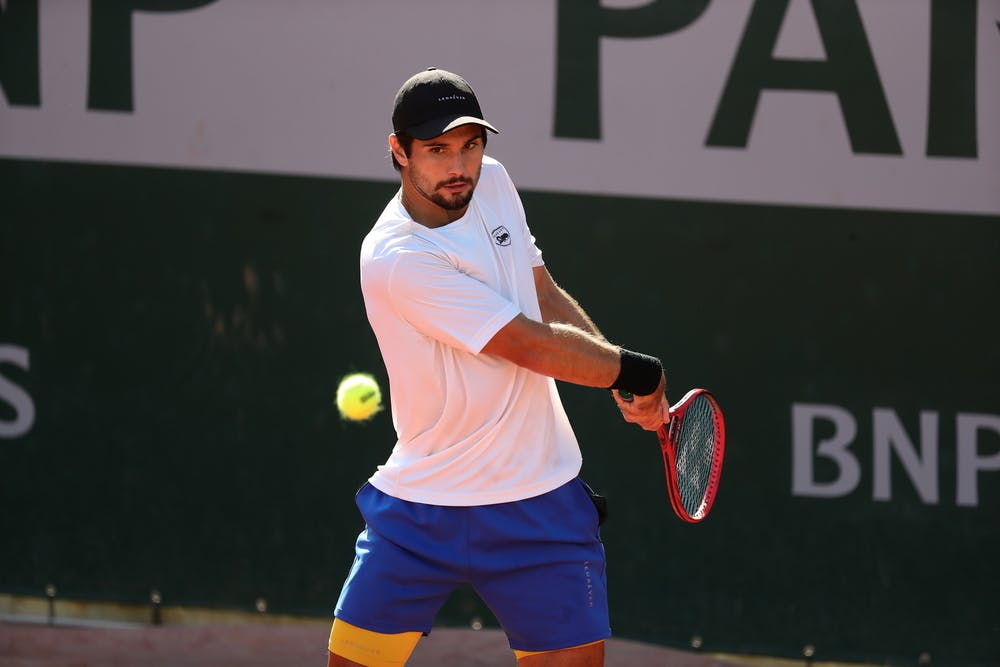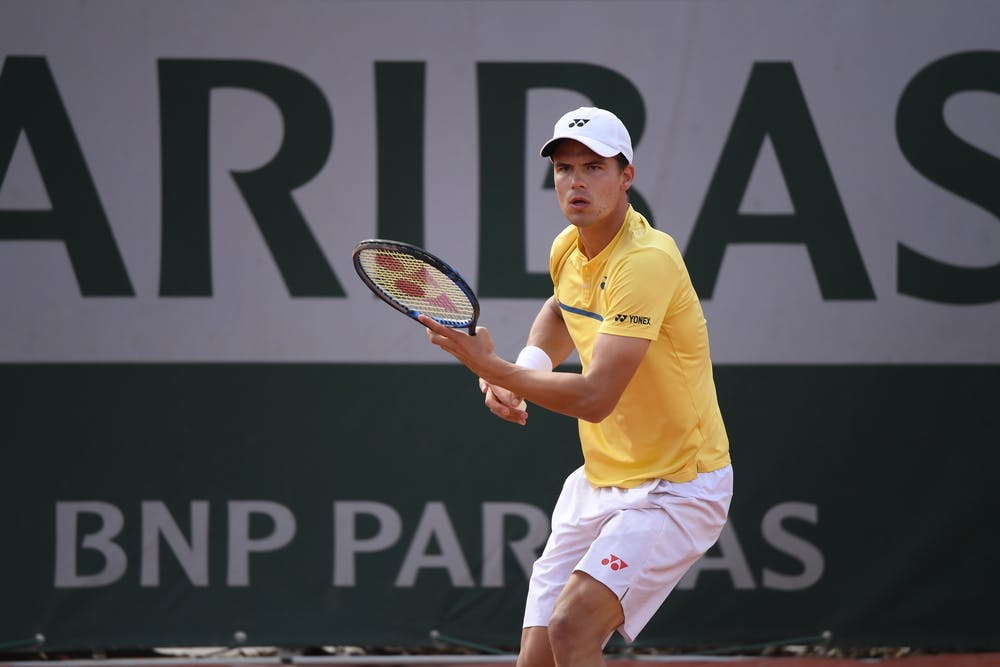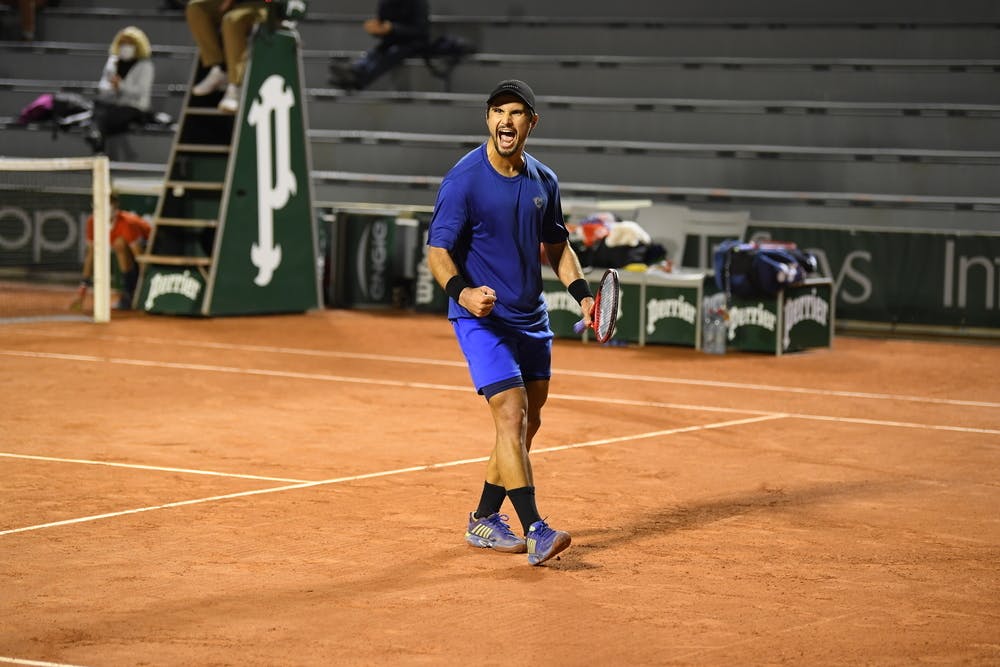The increased pay in the earlier rounds can make a huge difference for some; especially in a year like this, where 17 of the 64 players through to the third round of the men’s and women’s singles draws are ranked outside of the top-100.
Take the 186th-ranked Daniel Altmaier, who will be guaranteed €126,000 ($147,620) in prize money after he beat his 30th-seeded compatriot Jan-Lennard Struff in the second round. The 20-year-old had made $173,639 in total career earnings before Roland-Garros.
Marcos Giron, a 96th-ranked American, will put his €84,000 prize money cheque for losing in the second round to good use.
“It’s really helpful to be able to invest in myself and know that I don’t have to count the pennies,” Giron told rolandgarros.com.
“Am I going to stay at the tournament hotel, or am I going to find an AirBNB?,” added the 27-year-old Californian, who broke into the top-100 last month, six years after he made the transition from playing college tennis at UCLA to the pros.
“Being able to invest in myself, and know that I can travel with coaches and maybe a physio, it’s really good to know that this in fact a viable way for me to make a living."
Giron made just $8,204 in 2016, when he was out for months following two hip surgeries. His pay has increased as his ranking climbed. Before Roland-Garros, he had made $258,915 so far this year.
 ROLAND-GARROS
18 May - 7 June 2026
ROLAND-GARROS
18 May - 7 June 2026




